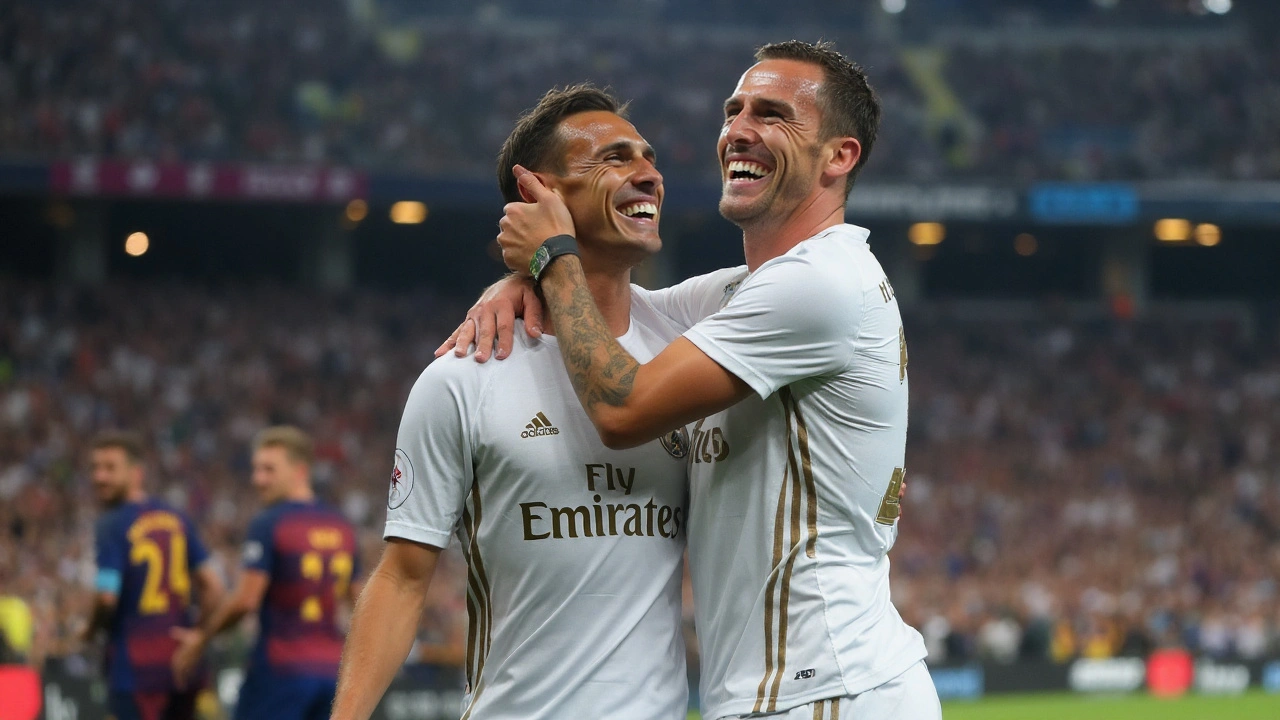Luka Modric – The Midfield Maestro Who Defied the Odds
If you follow football, you’ve probably seen Luka Modric glide across the pitch, slipping through defenses like he’s dancing. But many fans only know the highlights – the trophies, the Ballon d’Or, the World Cup final. Let’s pull back the curtain and see how a kid from a small town became one of the game’s biggest names.
Early Life and Rise to Prominence
Modric grew up in Zadar during the 1990s Yugoslav wars. While other kids were playing on dusty streets, he was training with a ball, dreaming of a way out. He joined the youth academy at Dinamo Zagreb, where his vision and passing caught every coach’s eye. At 19 he made his senior debut and helped Dinamo win three league titles.
In 2008, English club Tottenham Hotspur offered him a contract. The Premier League was faster, tougher, and louder, but Modric adapted quickly. He became the team’s engine, linking defense and attack with ease. His performances earned him a move to Real Madrid in 2012, where he would collect a treasure chest of Champions League medals.
Why Modric Still Rules the Midfield
What makes Modric special isn’t just the hardware – it’s the way he uses his brain on the field. He reads the game like a book, always knowing where a teammate will run or where a space will open. He can keep the ball under pressure, find a teammate with a pinpoint pass, and then sprint into a new area to receive the ball again.
His stamina is another talking point. He covers the most ground in a match, still looking fresh in the final minutes. That work rate lets him defend, attack, and control the tempo without tiring.
Modric’s trophy cabinet includes four Champions League titles, two La Liga crowns, and a historic Ballon d’Or in 2018 – the first player not named Messi or Ronaldo to win it in over a decade. He also led Croatia to the World Cup final that same year, scoring the winning penalty in the semi‑final. Those moments show he can rise when the pressure is highest.
Off the pitch, Modric stays humble. He talks about his family, his faith, and how he wants to give back to youth programs in Croatia. Younger midfielders study his movement and try to copy his passing angles. In short, his influence stretches far beyond the games he plays.
For fans wanting to catch Modric in action, check Real Madrid’s match schedule and look for Champions League nights – that’s when his brilliance shines brightest. If you can’t watch live, highlights on YouTube often showcase his best passes and goals.
Bottom line: Luka Modric isn’t just a name on a jersey. He’s a player who turned a war‑scarred childhood into a story of grit, skill, and intelligence. Whether you’re a casual fan or a die‑hard supporter, his style offers a masterclass in how to control a game without needing flash. Keep an eye on his performances; there’s still more to learn from the man who rewrote what a midfielder can do.
Luka Modric Returns as Real Madrid Gear Up for Elche Clash
Real Madrid are set to face Elche on Oct. 30, 2021, with veteran midfielder Luka Modric slated to start after a spell on the sidelines. Ancelotti’s 4-3-3 lineup features Courtois, a solid back four, and a front three of Vinicius, Rodrygo and Mariano. The croatian’s comeback adds creativity and experience to a side chasing an early league lead, while a deep bench offers tactical flexibility.

